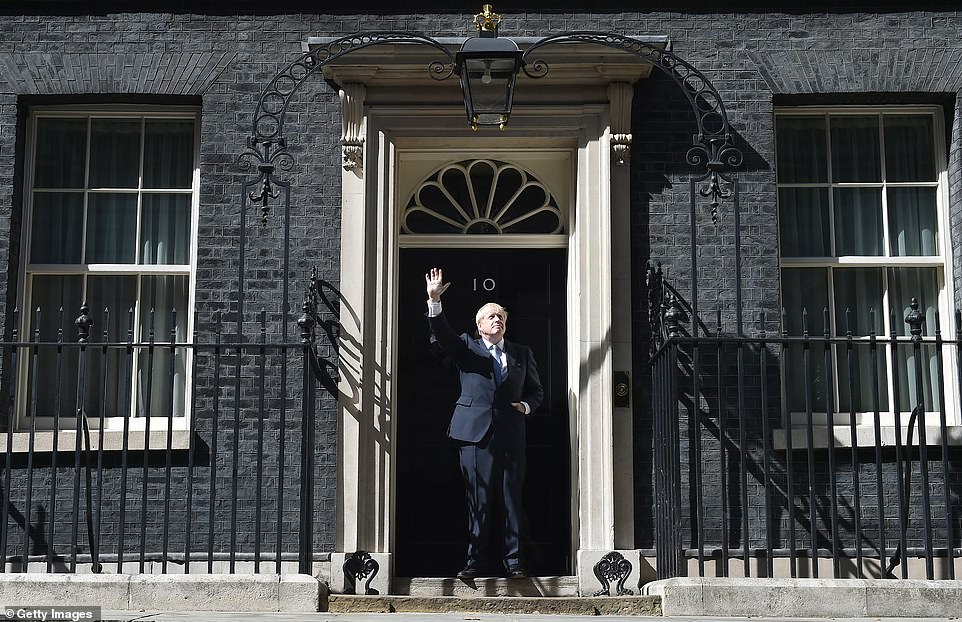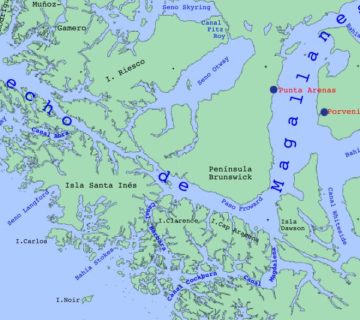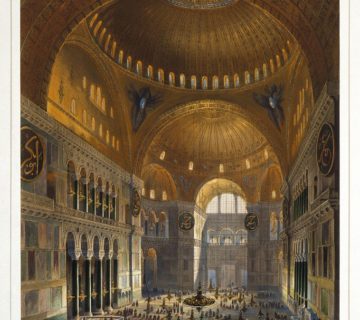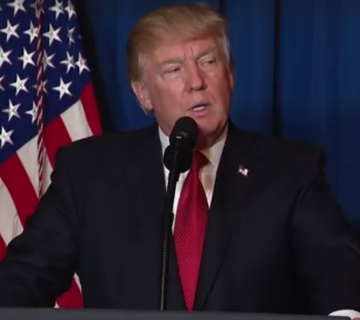Photo Getty Images
By Erik Goldstein
For a country renowned for its pageantry, the change of political power is swift and with little ceremony. Theresa May having announced her intention to resign office, the Conservative Party proceeded to select a successor. The day after Boris Johnson was announced as the victor of that contest May went to Buckingham Palace to formally resign. Within 45 minutes Johnson too had been to the palace and been made prime minister. The whole process from May driving away from 10 Downing Street to Johnson arriving there as her replacement took less than 90 minutes. Perhaps this efficiencyis due to the Queen’s experience. Johnson is her 14th prime minister. She has now appointed a quarter of all individualswho have served as prime ministers since the office was invented in 1721.
Johnson’s political hero is Winston Churchill, as it happens the Queen’s first prime minister. He’s even written a lively, lengthy, and often factually inaccurate biography of Churchill. The books provides some interesting insights about Churchill, but it tells us more about Johnson. He admires the myth of Churchill, not the hard reality of his career and policies. If one want insights into the political mind of the new prime minister it is to be found in the myths he focuses on in the Churchillian epic.
The narrative beloved by Johnson and his followers is of the aloof island nation standing up alone, heroically, and always successfully against the monsters lurking on the continent. The History Channel in Britain airs programs on World War II so often, or for occasional change of pace on World War I, that it has been nicknamed ‘the Defeat Germany Channel’. The reality is that Britain prevailed in wars involving continental threats because it had allies. Britain is now very much diplomatically isolated. It has alienated it EU partners, when it joined the EU it alienated its Commonwealth allies. Britain for decades has relied heavily on, and usually presumed the strength of, its ‘specialrelationship’ with the United States. But even this latter idea is part myth, the term itself one of Churchill’s more memorable inventions, more British hope than American reality. When a British flagged tanker was recently seized by Iran in the Gulf, US Secretary of State Pompeo made clear it was up to Britain to protect its own vessels.
So Johnson may find himself living in the worst part of the myth he likes to propagate, of Britain standing alone. As Boris Johnson returned from Buckingham Palace and stood before the door of 10 Downing Street, on one of the hottest London days on record, he delivered an oratorically enthusiastic address to the nation, full of Churchillian cadences. Johnson sees his government as a neo-Churchillian moment. He should recall that his hero entitled the central volume of his history of World War II, ‘The Grand Alliance’. He has only until the end of October to find a way out of the EU crisis Britain has inflicted upon itself. For those hardline Brexiters in Johnson’s entourage they may want to consider Churchill’s advice that ‘There is only one thing worse than fighting with allies, and that is fighting without them.’
*Erik Goldstein is Professor of International Relations and History, Boston University





